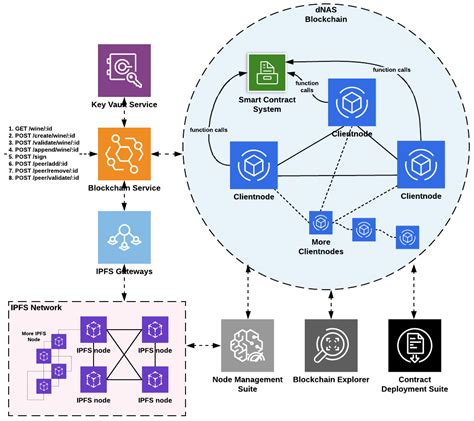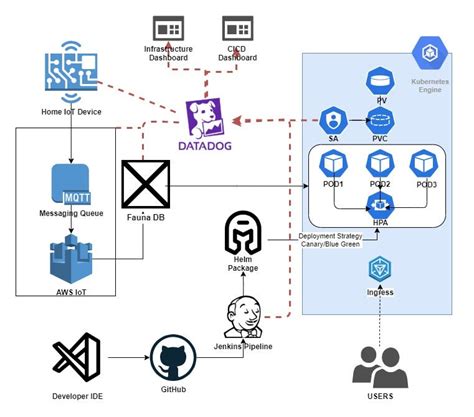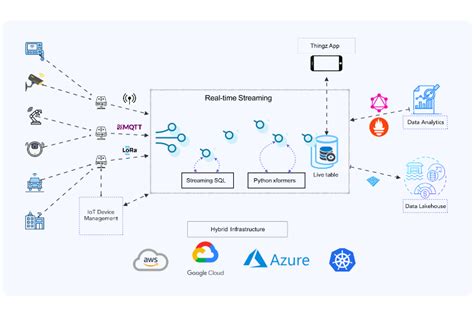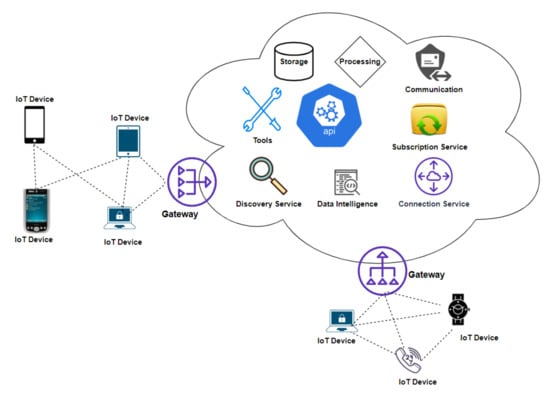In today’s digital age, virtual learning has become a cornerstone of education, making reliable and fast Wi-Fi more important than ever. Whether you’re attending live classes, collaborating with peers, or engaging with mentors online, a seamless connection is crucial for an uninterrupted learning experience. However, not all Wi-Fi solutions are created equal, and finding the right one can significantly impact your online education. In this article, we’ll explore the top 10 Wi-Fi solutions designed to boost connectivity and enhance your virtual learning environment. From advanced mesh systems to secure VPNs, these tools will help you create a more stable and efficient online learning community, ensuring you stay connected, engaged, and productive.
Join hotigames.com as we uncover the details of this topic.
1. Introduction
In the digital age, where classrooms exist virtually, a strong and reliable Wi-Fi connection is paramount. Whether engaging in live lectures, collaborative projects, or mentor consultations, a seamless internet experience is essential for focus and engagement. However, as online education demands increase, so too does the need for robust Wi-Fi solutions. These solutions must support multiple devices, high-bandwidth activities, and secure connections. The right Wi-Fi setup can transform frustrating lag times and dropped connections into smooth, uninterrupted learning sessions. This article explores the top 10 Wi-Fi solutions tailored to the needs of modern learners. From innovative mesh networks to security-enhancing VPNs, these tools optimize your virtual learning environment, ensuring you remain connected and in control.

2. 1. Mesh Wi-Fi Systems
Mesh Wi-Fi systems are a superior choice for those seeking consistent and reliable internet coverage throughout their home or workspace. Unlike traditional routers, which rely on a single device to broadcast a Wi-Fi signal, mesh systems utilize multiple interconnected nodes to create a seamless network. These nodes collaborate to eliminate dead zones and ensure that every corner of your home receives a strong and stable signal.
Virtual learners will find mesh Wi-Fi particularly beneficial. Whether you’re studying in your bedroom, participating in a virtual class from the living room, or collaborating with peers in a home office, a mesh Wi-Fi system ensures consistent coverage without disruptions. This eliminates dropped connections and buffering during crucial online sessions. Furthermore, mesh systems are built to support multiple devices simultaneously, making them perfect for households with several members requiring reliable internet for work or studies.
Mesh Wi-Fi systems, with their simple setup and intelligent management features accessible through mobile apps, provide a user-friendly and effective solution for enhancing connectivity and boosting your virtual learning environment.

3. 2. Wi-Fi 6 Routers
Wi-Fi 6 routers are the newest generation of wireless technology, delivering enhanced speeds, increased capacity, and improved efficiency over previous models. These routers are built to manage the growing number of devices connected to a network, which is particularly crucial in homes where multiple individuals are simultaneously using online services such as virtual learning, streaming, or remote work.
Wi-Fi 6 routers offer a significant boost to student connectivity, enhancing their online experience. With smoother video calls, faster downloads, and more responsive online tools, learning becomes more seamless. The advanced technology in Wi-Fi 6 ensures consistent performance even in high-traffic environments, guaranteeing a stable connection despite multiple devices being in use. Furthermore, reduced latency with Wi-Fi 6 is key for real-time applications such as virtual classrooms and group collaborations, promoting smoother interactions and improved productivity.
A Wi-Fi 6 router can revolutionize your online learning experience. Its enhanced speed and reliability ensure a smooth and uninterrupted connection, allowing you to stay focused on your studies without distractions caused by network problems.

4. 3. Powerline Adapters
Powerline adapters provide a convenient way to extend your internet connection to areas where Wi-Fi signals may be weak. They utilize your home’s existing electrical wiring to transmit data, transforming any power outlet into a high-speed internet access point. This makes them particularly beneficial for students who require reliable internet in rooms located far from the main router.
Powerline adapters offer a significant advantage: reliable, wired connections without requiring extra cabling. This is particularly valuable for virtual learning, where consistent speed and low latency are crucial for tasks like video conferencing and online resource access. Installing powerline adapters is a breeze; simply connect one adapter to a power outlet near your router and another to the outlet where enhanced connectivity is needed.
With this setup, you can enjoy a robust internet connection even in the most challenging areas of your home. This empowers you to remain engaged and productive during virtual learning sessions.
5. 4. Wi-Fi Range Extenders
Wi-Fi range extenders provide a straightforward and efficient way to strengthen the reach of your existing wireless network. If your virtual learning area is situated in a part of your home with a weak or unreliable Wi-Fi signal, a range extender can help fill the gap. These devices function by picking up the Wi-Fi signal from your router and amplifying it to encompass areas that would otherwise lack coverage, such as upstairs rooms, basements, or outdoor study spaces.
Virtual learners need reliable internet access, especially in homes with multiple users. A Wi-Fi range extender can keep you connected during important video calls, online exams, or group projects, even if you’re far from the router. While range extenders don’t provide the same speed as a direct connection, they make your network significantly more usable in hard-to-reach areas.
Setting up a range extender is typically a breeze, as many models offer plug-and-play convenience. Simply position the extender midway between your router and the spot needing better Wi-Fi, and you’ll be enjoying improved connectivity with minimal hassle. By extending your Wi-Fi signal, range extenders contribute to a smoother and more productive virtual learning experience.
6. 5. USB Wi-Fi Adapters
USB Wi-Fi adapters offer a swift and budget-friendly means to enhance wireless connectivity for devices lacking built-in Wi-Fi or possessing outdated technology. These compact, portable devices, which plug directly into a computer’s USB port, instantly upgrade its ability to connect to modern Wi-Fi networks, including those utilizing the latest standards such as Wi-Fi 6.
For students participating in virtual learning, a USB Wi-Fi adapter can be a valuable tool, especially for older laptops or desktop computers that may struggle with maintaining a stable internet connection. By using an adapter, you can enhance your device’s signal reception and increase speed, leading to smoother video calls, faster downloads, and more reliable access to online learning resources.
Setting up a USB Wi-Fi adapter is typically a simple process. Most adapters are plug-and-play, meaning they don’t need any extra software to work. This makes them an ideal choice for improving your online learning experience. Whether you’re using an older computer or want a backup connection, USB Wi-Fi adapters offer a hassle-free way to stay online and concentrate on your studies.
7. 6. Mobile Wi-Fi Hotspots
Mobile Wi-Fi hotspots are adaptable devices that provide internet access using cellular networks, offering a portable way to stay connected while on the move. These hotspots are particularly valuable for students who need dependable internet access in various locations, such as at home, in a library, or even during travel. They create a local Wi-Fi network by connecting to a cellular network, allowing multiple devices to share the internet connection simultaneously.
Mobile Wi-Fi hotspots are a boon for virtual learning, providing both flexibility and convenience. They act as a lifeline when your home internet connection fails or when you are working in an area with limited or nonexistent internet access. By connecting your laptop, tablet, or smartphone to a mobile hotspot, you can seamlessly attend classes, engage in group discussions, and access educational resources without disruptions.
Mobile hotspots are a great option for students because they offer high-speed data plans and strong security features, ensuring a reliable and secure internet connection wherever they are. Their adaptability makes them an excellent choice for students who need constant and dependable access to support their online learning and educational activities.
8. 7. VPNs for Wi-Fi Security
VPNs (Virtual Private Networks) are crucial for boosting Wi-Fi security, especially in virtual learning settings. A VPN encrypts your internet connection, forming a secure tunnel between your device and the internet. This encryption safeguards your data from potential dangers like hackers and eavesdroppers, guaranteeing the privacy and security of your online activities.
Using a VPN is crucial for students accessing sensitive educational materials or participating in online classes over public or unsecured networks. VPNs protect your personal information and academic work from potential cyber threats. Moreover, VPNs can help you circumvent geo-restrictions, allowing you to access educational resources that might be unavailable in your region.
Setting up a VPN is typically easy, with many services providing user-friendly apps for a range of devices. Integrating a VPN into your virtual learning environment not only enhances your online security but also provides a more secure and reliable connection for all your educational activities.
9. Conclusion
In the dynamic realm of virtual learning, a dependable and robust internet connection is paramount to academic success. The Wi-Fi solutions explored—mesh systems, Wi-Fi 6 routers, powerline adapters, range extenders, USB Wi-Fi adapters, mobile hotspots, and VPNs—each possess distinct advantages that can significantly elevate your connectivity and overall online experience.
For seamless virtual classes and collaboration, Mesh Wi-Fi systems and Wi-Fi 6 routers deliver strong, fast internet throughout your home. Powerline adapters and range extenders enhance coverage in areas with weak signals. USB Wi-Fi adapters provide an upgrade for older devices. Mobile Wi-Fi hotspots offer on-the-go connectivity, and VPNs safeguard your data and privacy during online activities.
Selecting the optimal blend of these solutions enables you to establish a seamless and secure virtual learning environment that aligns with your educational aspirations. Investing in the appropriate Wi-Fi technology not only enhances connectivity but also contributes to a more productive and enjoyable online learning experience.
hotigames.com
